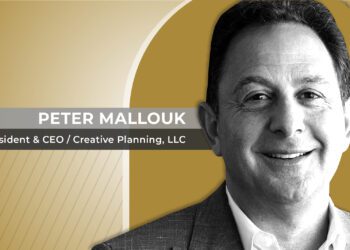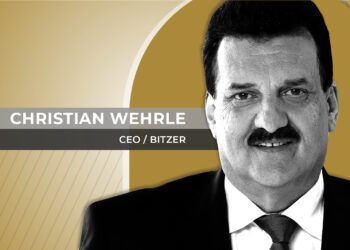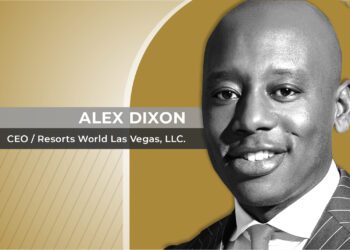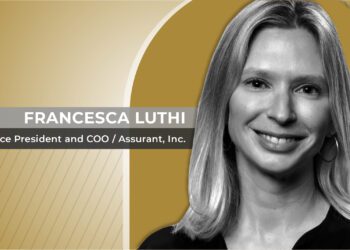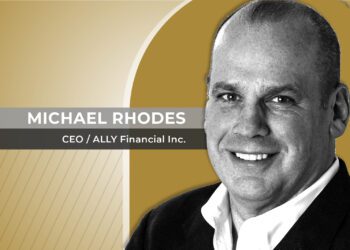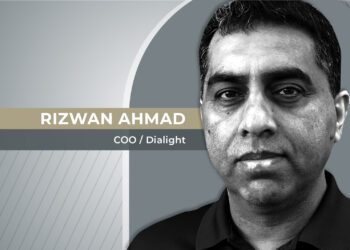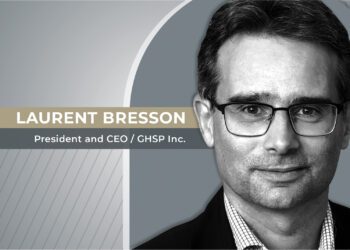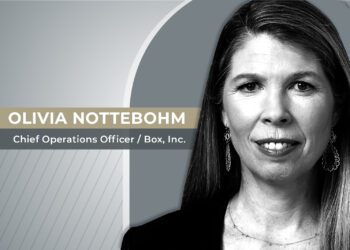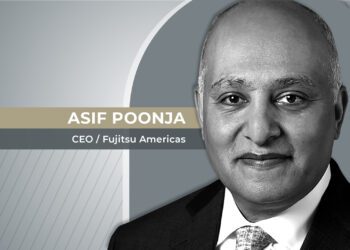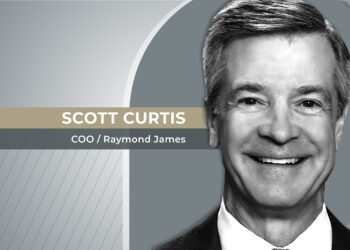Can Tesla succeed without its mercurial golden boy and CEO, Elon Musk? The market isn’t convinced.
The problem began on a pot-hazy California afternoon.
During an appearance on the popular Joe Rogan podcast in September, Elon Musk, the innovator-entrepreneur, accepted a joint and a glass of whiskey from his host… then all hell broke loose.
Tesla CEO Musk had been in the spotlight since tweeting August 7 that he planned to take the company private, prompting much speculation over his erraticism and state of mind. Two weeks after the controversial podcast appearance, his plans concerning Tesla’s ownership were dropped, following outrage from some investors and a pair of top-level resignations.
Shares in the electric carmaker fell by more than 9%.
The headline-grabbing podcast appearance was only the latest twist in a career that has become one of the most interesting—and unpredictable—in the business world today.
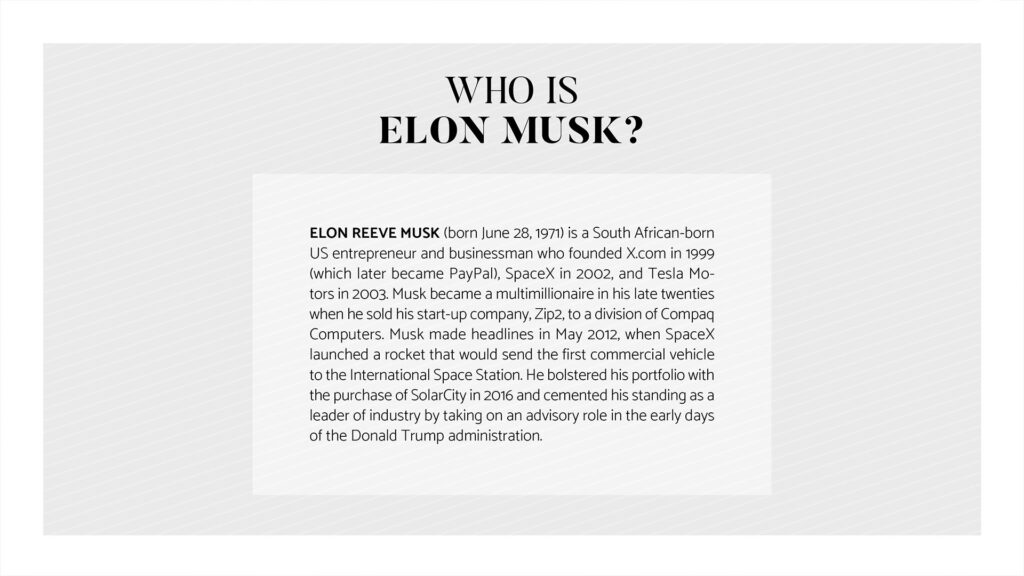

What has Elon Musk Invented?
As a young entrepreneur, the South Africa-born Musk was anxious to deliver new services and ideas to the world.
Tesla
It’s impossible to think of Tesla without Elon Musk coming to mind. There is no doubt that Tesla is one of Elon Musk’s well-known inventions. Essentially, Tesla is a car company that pioneered the production of fully-electric vehicles. This chapter of Elon Musk’s greatest inventions began In 2004 when he invested a significant amount in Tesla, which introduced its first electric car, the Roadster, in 2006. In 2012, the company launched Model S, followed by Model X in 2015. Model 3 went into production in 2017.
SpaceX
SpaceX, the aerospace manufacturer, and space transportation services company launched in 2002, is another Elon Musk invention that has become well-known for its failures as well as its successes. SpaceX launched its first rocket, Falcon 1, in 2006, which was followed by Falcon 9 (2010) and Falcon Heavy (2018). The company also produced Dragon, which carries supplies to the International Space Station (ISS) at a cheaper cost than competitors in the market. Furthermore, since 2012, SpaceX’s Grasshopper has been taking short spaceflights as part of its testing.
X.com
In 1999, Elon Musk wanted to build a 21st-century financial service. X.com was Elon Musk’s first invention that introduced online bank accounts, person-to-person payments, insurance, and investment options. After a year, X.com merged with PayPal and became one of the most successful companies to spring from the dot.com boom of the era.
Hyperloop
Hyperloop, another renowned Elon Musk invention, is a rail transportation system in a vacuum-sealed tunnel for longer trips with speeds of over 600mph that came about in 2013. With this invention, Elon Musk aims to reduce the commute between Los Angeles and San Francisco to a mere 35 minutes. What’s remarkable is that this duration makes it a quicker travel option compared to taking a commercial flight.
Zip2
Touted as one of Elon Musk’s first Internet inventions, Zip2, was a technology company that offered city guides software. Elon Musk invented it for the newspaper industry as it helped created a searchable database. It is important to note that Musk wrote the company’s code to combine the business listings with the maps. Zip2 was acquired by Compaq in 1999 and sold for $307 million bucks, with Musk receiving $22 million from this transaction.
SolarCity, Solar Power Systems
One of the greatest things about Elon Musk’s inventions is that he always strives to make our lives easier. Launched together with his cousins in 2006, The goal of the SolarCity project is to provide affordable solar-power systems across the US, that will help drive energy prices down and also reduce the amount of water, air, and earth pollution. Elon Musk is convinced that this invention can play a huge role in conserving the environment. Currently, the company operates in 14 states although its headquarters are in California.
Electric Jet
Elon Musk mooted the idea of inventing an Electric Jet at MIT’s Aeronautics and Astronautics Centennial Symposium. He is trying to develop what would be a jet using electricity for power that could also take off vertically. It would be able to go at supersonic speeds. It also wouldn’t need a very large runway.
Internet-Supported Phone Calls
In another of Elon Musk’s early inventions, in 1997, he applied for a patent (granted in 2001) that allowed computers to call landlines. While the patent isn’t quite realizing what FaceTime, Google Hangouts and Skype now allow us to do, Musk obviously saw the future of communications. His patent allowed computers to place calls to phone numbers a user came across on the web. The patent suggests that a user on a business’s website could click on the company’s contact information and be connected to the company via a call center
Location-specific searches
In 1998, Elon Musk submitted a patent for another invention in which the main purpose was to increase the speed of geographic searches. He sought to create an automatic search process that would widen the area of your search until the appropriate amount of results were found. This would allow you to find the closest businesses in your area, without having to do multiple searches. What Elon Musk invented with this patent is exactly what Google currently uses for location-specific searches.
Blastar 1984 Video Game
In case you did not know, Musk had a short career as a video game developer. At age 12, as a kid living in South Africa, Elon Musk invented a space-themed PC game called Blastar. Everything indicates that the businessman developed Blastar by taking inspiration from arcade games such as Space Invaders which were very famous in the 80s. However, Musk sold the code for Blastar for $500 to the magazine PC and Office Technology.
In many ways, the young Musk bore the traits of a crazy genius, way ahead of his time, yet in the past few years, the world has begun to quickly catch up. Bank branches are closing and mobile phones have proliferated, generating unprecedented data and mobility for financial services.
People are increasingly environmentally conscious and like to drive clean cars. Tesla, Elon Musk’s most successful invention, produces both electric vehicles and solar panels.
Yet dreams can just as quickly turn into nightmares—and Musk is currently living one. In a settlement with the US Securities and Exchange Commission announced at the end of September, Musk and Tesla will each pay a $20 million penalty for fraud after Musk declared via his notorious August tweet that he had secured funding to take Tesla private.
The businessman was given 45 days to step down as chairman and will be ineligible from holding that title for at least three years. The company will also appoint two new independent directors to its board.
The company’s stock plunged 14% after the news of the SEC’s lawsuit broke, one of its lowest points since 2017. Furthermore, over the last decade, Musk and his cult of personality have been inextricable from Tesla.
The quixotic executive transformed a tiny car startup into a $45.2 billion behemoth that has eclipsed the market cap of brands such as Ford. However, Musk has also drawn criticism for setting fanciful and unrealistic goals and even deceiving investors.
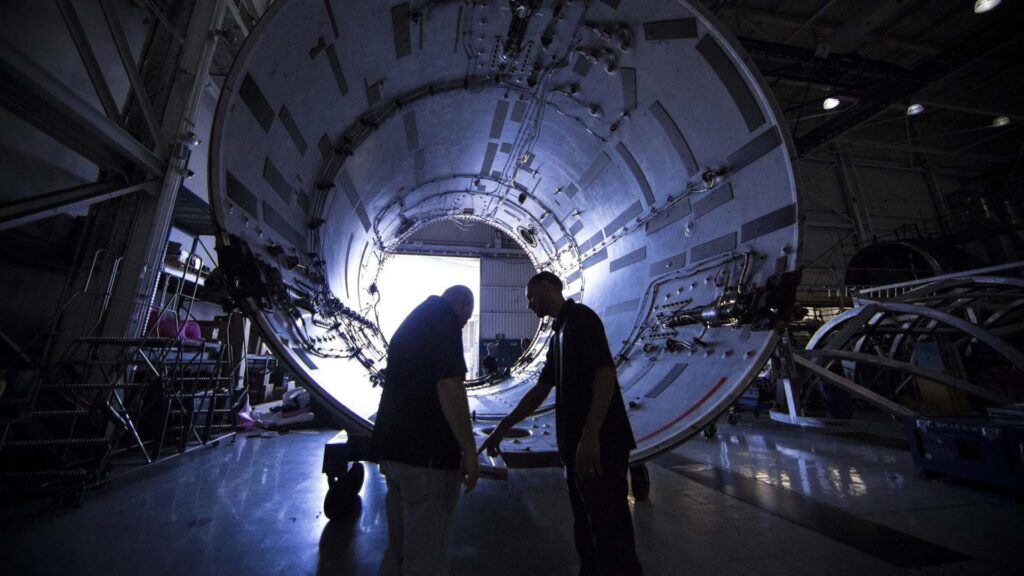

Who is the Right Hand to Elon Musk Inventions?
How do we understand the Musk phenomenon? What is it like working for him? Gwynne Shotwell knows.
An aerospace engineer and SpaceX’s first salesperson, as well as Musk’s most-trusted employee, Shotwell worked her way up at Chrysler, the Aerospace Corporation, and space startups in southern California before being appointed president and COO of SpaceX in 2008.
She oversees SpaceX’s daily operations, from mission control to manufacturing to deals with NASA. Yet, unlike her boss, she is also seen as sufficiently level-headed to keep the company running smoothly and protect Musk’s reputation when his famously demanding behavior threatens business.
As recounted in Ashlee Vance’s book Elon Musk: Tesla, SpaceX, and the Quest for a Fantastic Future: “SpaceX’s top managers work together to, in essence, create fake schedules that they know will please Musk but that are basically impossible to achieve.
This would not be such a horrible situation if the targets were kept internally. Musk, however, tends to quote these fake schedules to customers, unintentionally giving them false hope. Typically, it falls to Gwynne Shotwell… to clean up the resulting mess. She will either need to ring up a customer to give them a more realistic timeline or concoct a litany of excuses to explain away the inevitable delays.”
“I love working for Elon, I’ve been doing it for 16 years this year,” Shotwell said at a TED talk in April. “He’s funny, and fundamentally, without him saying anything, he drives you to do your best work.
There’s no question that Elon is very aggressive in his timelines, but frankly, that drives us to do things better and faster.”
What are the Most Recent Elon Musk Inventions?
The South African-born entrepreneur’s mind does not stay still —he’s even inspired the hilarious @boredelonmusk Twitter account that discusses supposed Elon Musk inventions in his downtime— but his latest forays into the high-tech business seem something straight out of a science fiction novel.
First, Musk wants to launch fashion entrepreneur Yusaku Maezawa on a rocket around the moon.
The 42-year-old Japanese art collector and founder of Zozo, Japan’s largest online fashion retailer, could become the first private passenger of the Big Falcon Rocket (BFR), which is in Elon Musk’s pipeline of inventions. Since then, he has now extended his invitation on the lunar flyby to eight other artists. However, Musk has not been able to promise that SpaceX would make its 2023 deadline.
In late 2017, Elon Musk had already revealed his plans to build a SpaceX base on the moon, colonise Mars, and enable commercial travel to anywhere on Earth in under an hour. Before that, he had already targeted that the first SpaceX launch would be in 2022 and that the first crewed flight to Mars would land by 2024, all the while Tesla has struggled with production targets and delayed customer deliveries.
Secondly, several reports have shown that Elon Musk’s latest invention is Neuralink, a company that is manufacturing high-speed interfaces that will allow humans’ brains to interact directly with computers.
The very spartan website of the San Francisco-based company reads: “Neuralink is developing ultra-high bandwidth brain-machine interfaces to connect humans and computers,” followed by a list of recruiting posts, mostly in science and engineering.
Bloomberg reported in August of last year that Neuralink “has already gotten US$27 million in funding, according to a ling with the U.S. Securities and Exchange Commission.” When Musk smoked pot and drank whiskey on the Joe Rogan podcast, he said he was going to soon announce a new “Neuralink” product that can make anyone superhuman. “I think we’ll have something interesting to announce in a few months that’s better than anyone thinks is possible,”
Furthermore, Elon Musk said he thinks these types of technological inventions will give humans a better chance against artificial intelligence. In the past, he warned about the dangers of uncontrolled Artificial Intelligence (AI) development, but it finally looks like he is diving into the works, although nothing is certain. “The merge scenario with AI is the one that seems like probably the best. If you can’t beat it, join it”, he stated.
“I think people should be nicer to each other,” Musk said in one of his less controversial moments during the notorious podcast appearance with Joe Rogan. “And give… give more credit to others and don’t assume they’re mean until you know they’re actually mean. It’s easy to demonize people, but you’re usually wrong about it. People are nicer than you think.”
What is Elon Musk’s Latest Controversy?
In an interview with 60 Minutes that aired on Sunday, December 9th, Musk was clear on how he feels about the U.S. Securities and Exchange Commission (SEC): “I do not respect the SEC,” he said.
Earlier this year, the 47-year-old billionaire was charged with securities fraud by the SEC for a tweet he wrote in August, which detailed plans to take Tesla private.
Musk also stressed during the interview that he will stop tweeting and he doesn’t have anyone supervising what he posts to social media.
“The only tweets that would have to be reviewed would be if a tweet had a probability of causing a movement in the stock,” he said. “Otherwise, it’s — hello, First Amendment”, he said to Lesley Stahl.


